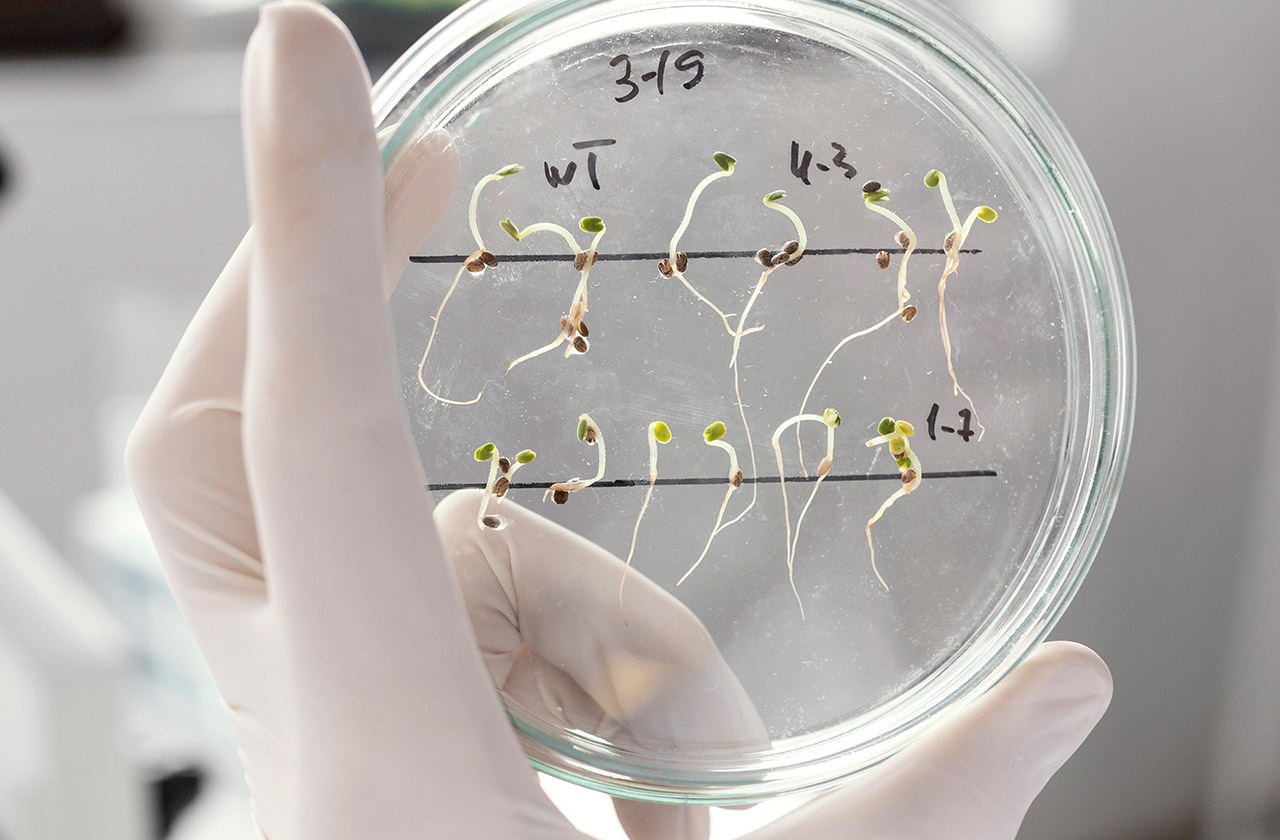Description
Mycology is the study of fungi and their relationship to each other and other organisms. Medical Mycology specifically studies the infections caused by medically relevant fungi both in plants and animals. Fungal infections occurs in immune-compromised individuals causing superficial infections (skin, nails, and hair) and systemic infections ( blood stream). Secretion of substance, change in cell shape and cell membrane structure are the major pathogenic determinants of the medically important fungi. Further innate and adaptive immune cells plays an important role in defence to fight against the infection. Further antifungals are used for treatment of fungal infections. Students will utilize review articles and research articles to advance knowledge and skills.
- Medical Mycology – General characteristics of fungi, morphology of fungi ( molds & yeast with dimorphism).Classification of fungi, ecological interaction of fungi, evolutionary biology of fungi, parthenogenesis and fungal immunity.
- Mycoses – What is mycoses and its sub-types – Superficial & Cutaneous mycoses ( Tinea infections), Subcutaneous mycoses ( Sporotrichosis, Maudromycosis, Phaeohyphomycosis, Chromoblastomycosis and Rhinosporidiosis), Systemic mycoses ( Blatomycosis, coccidiodomycosis, paracoccidiodomycosis, histoplasmosis) and Opportunistic Mycoses ( Candidiasis, Aspergillosis, Zygomycosis, Cryptococosis, Malaseziasis, Pneumocystis ).
- Fungal immunology and antifungals – Recognition of Pathogen Recognition Receptors (PRR) on immune cells and Pathogen Association Molecular Patterns (PAMPs) on fungi elicit the immune responses for protection. Application of polyenes and azole for treatment of fungal infections.
- Laboratory Mycology- Identification, transportation and processing of morphological infections, morphological & molecular examination methods and laboratory safety.





